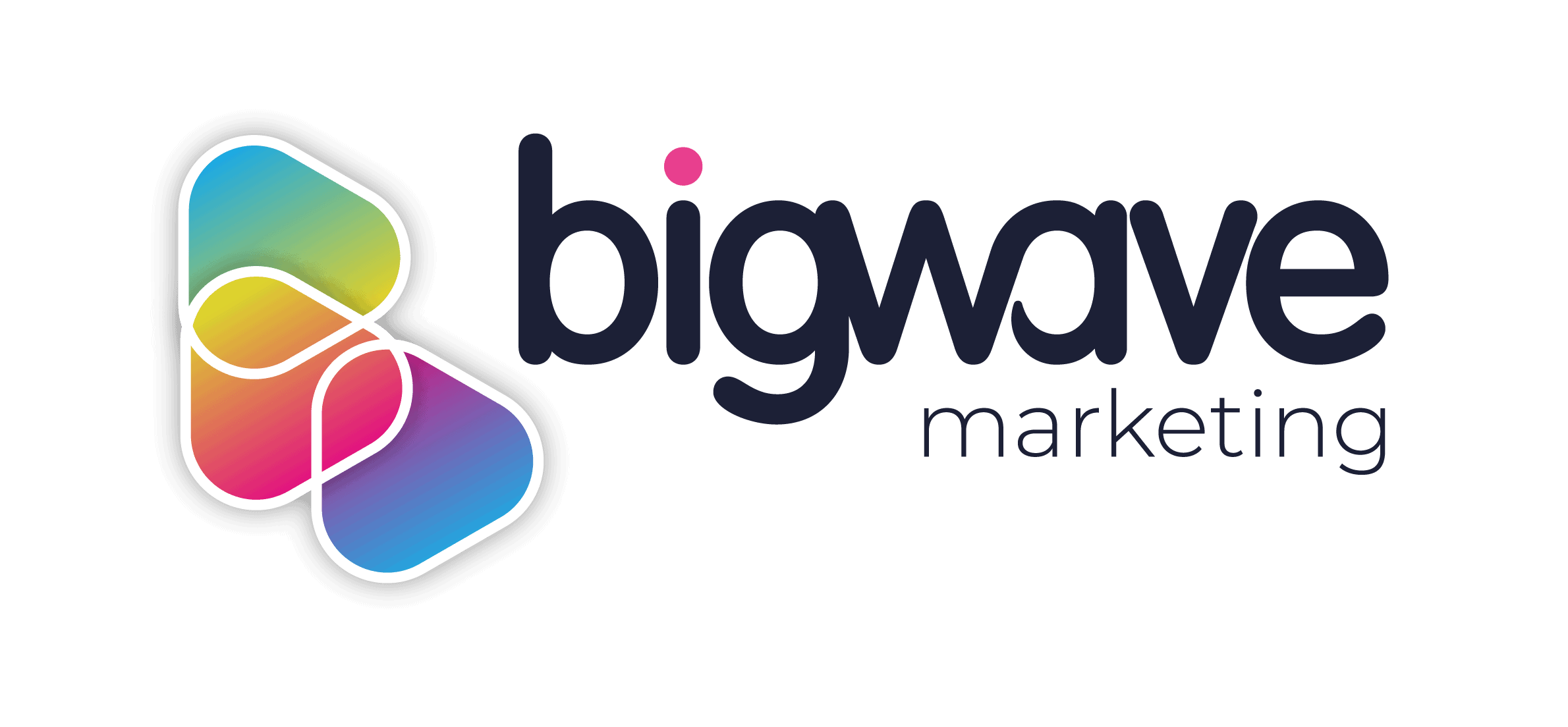My name is Gemma Ross and I manage our (PPC) Paid Media department here at Bigwave media. I’m setting myself and the team a challenge in a ‘bid’ to KILL the term PPC and change internal and client terminology and understanding within 12 months.
It’s going to be a tremendous task, but I’m hoping this article is a good start.
Why now?
As the need for digital increases, we’ve had to grow our team by 300% within 18 months and found the term ‘PPC’ doesn’t quite fit what we do anymore. Within the Paid Media team, we don’t just bid for keywords on Google Ads – we use Facebook, Instagram, Snapchat, Spotify, YouTube, LinkedIn and others to increase traffic, inspire users, influence action and generate sales.
Our team ensure a return on investment for their clients by:
- Growing relevant website traffic via a multitude of paid social and search channels.
- Using clever marketing funnels to help users go from consideration to conversion.
- Optimise, test, recommend, record and report.
This, in turn, generates a large interest, equalling leads and taking brands from being invisible online to the forefront of every ideal user.
What does PPC actually mean?
PPC, which stands for pay per click, is a model of internet marketing which means the advertisers pay a fee each time one of their ads are clicked. It’s a way of paying for traffic that you may find difficult to ‘earn’ organically. It is also one of the most popular forms of Paid Media.
PPC works through a keyword bid auction, in which advertisers bid for specific keywords to determine their advert’s visibility. It’s a process that maintains a similar framework whether it’s taking place on Google Ads search and display or social media. Ads can be targeted based on location and narrowed down even further by age, gender, interest, platform and device.
Evolution of Paid Media
In 2018 Facebook released an algorithm update making it tougher for brands to be seen. Users would see more posts from friends, family and groups rather than pages selling products and services. This made it harder for brands to get their material in front of the desired audience and sent many brands into a state of panic.
A budget for social and search Paid Media has been made instrumental for any type of campaign or ongoing promotion of services.
Paid Media channels and types for promoting every product or service
The opportunity through paid channels are never-ending, and the main reason why it’s so effective is that success is measurable and scalable unlike traditional marketing forms such as print and radio.
- Drive website traffic on the search and social paid channels
- Grow your social following with brand awareness or page likes campaign
- Promote an event such as an open day or conference with event response campaigns
- Generate direct leads within Facebook lead generation campaigns
- VIDEO VIDEO VIDEO via YouTube – 4 billion videos are watched on YouTube every day
- Use LinkedIn to grow your presence online and target users by their job title, seniority or even interest.
In summary, PPC is pay per click the ancient term used to describe ads where you pay per click. Paid Media is an encompassing term used to describe ALL types of paid social awareness, traffic and search ads. Use Paid Media, get seen and gain sales.
#PaidMediaRules #GoodbyePPC.

